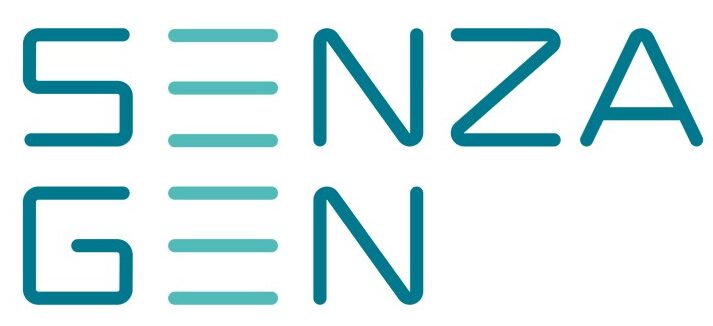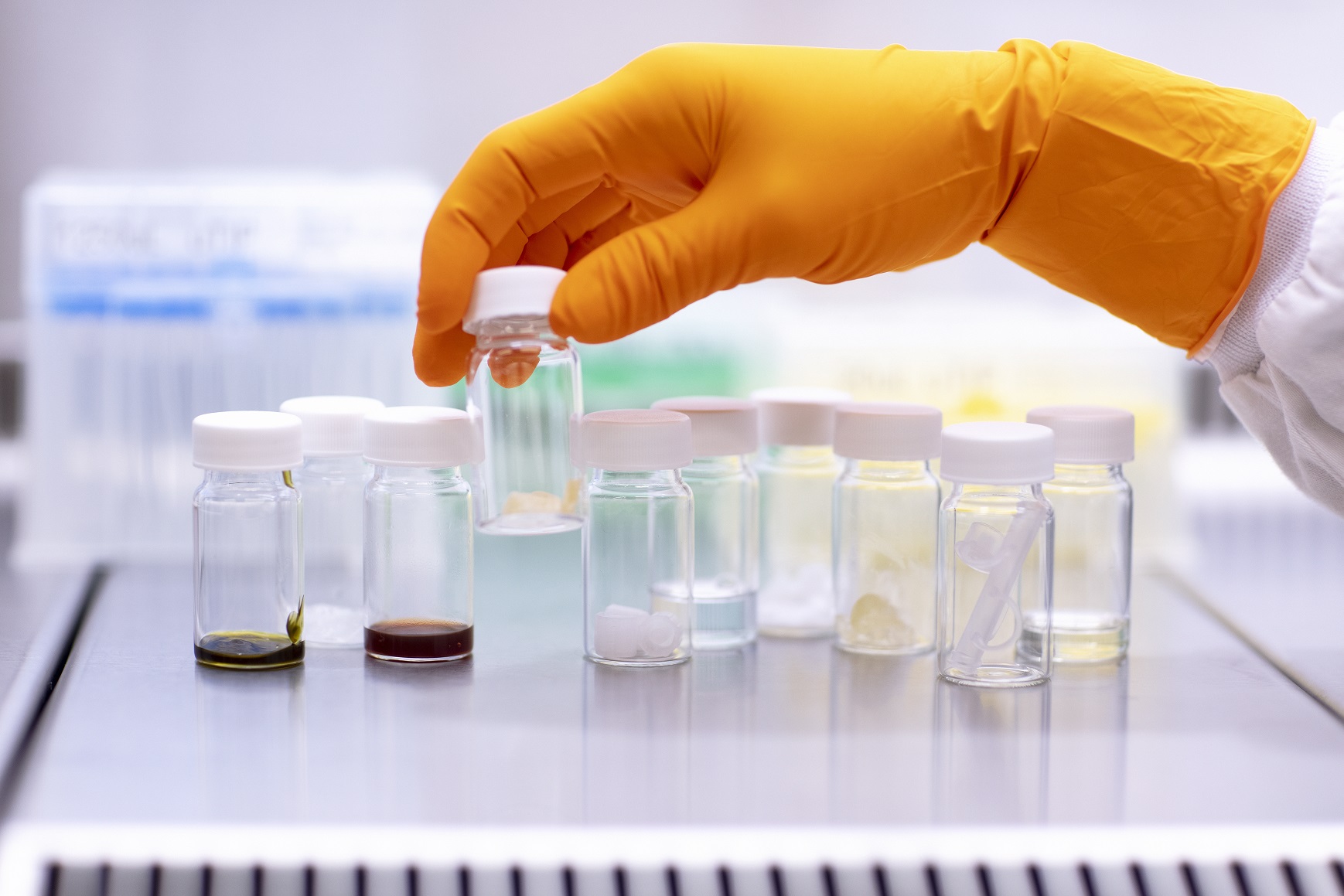In this webinar you will learn how combining genomics and machine learning provides a highly accurate in vitro method for qualitative and quantitative skin sensitizing potency assessment, filling in data gaps in safety testing projects.
The presentation will introduce key elements of the GARD technology with a focus on SenzaGen’s new GARDskin Dose-Response assay and how it identifies the specific dose at which a chemical may induce sensitization. The non-animal test data can be extrapolated to: LLNA EC3 value, Human skin sensitizing potency and GHS/CLP classification (1A or 1B).
Highly accurate, ethical and cost-effective, predictive toxicology is a discipline that aims to proactively identify adverse human health and environmental effects in response to chemical exposure. GARD – Genomic Allergen Rapid Detection™ – is a next-generation, non-animal testing framework for assessment and characterization of chemical sensitizers. The GARD platform integrates state-of-the-art technological components, including human immunological cells, specific genomic biomarker signatures and machine learning-assisted classification models.
As a result, the GARD platform provides an accurate, cost-effective and efficient assessment of skin sensitizing capabilities of neat chemicals, complex formulations, mixtures and materials, including finished medical devices. GARD assays are successfully applied throughout the product life cycle of chemical, life science and medical device industries.
Qualitative and quantitative potency assessment. The GARD assays offer all-around in vitro skin sensitization testing alternatives, from binary hazard identification to quantitative potency information on a continuous scale. GARDskin Dose-Response is an adaptation of SenzaGen’s skin sensitization test for chemicals, GARDskin. The adaptation enables companies developing products to quantitatively assess skin sensitizing potency of chemicals. The test provides an estimated threshold concentration for a test substance to induce skin sensitizing effects; a lower concentration equals a higher potency and vice versa. GARDpotency is an add-on test to GARDskin, subcategorizing identified sensitizers into strong sensitizers (1A) or weak sensitizers (1B) according to GHS/CLP.
Register for this webinar to hear about customer cases where the assays have been successfully utilized to fill in data gaps in qualitative and quantitative potency assessment. Both small and large companies have used the data for skin sensitizing potency ranking of candidate ingredients and early decision-making during product development. The test readouts can also be extrapolated to LLNA EC3 values and human skin sensitizing potency.
Speakers

Andy Forreryd, PhD, Scientific Liaison, SenzaGen AB
Dr. Andy Forreryd holds a Master of Science in molecular biotechnology from the Faculty of Engineering LTH at Lund University and a Doctor of Philosophy in Immunotechnology from Lund University. He has many years of experience working with in vitro assay development, genomics and machine learning. Dr Forreryd currently serves as a Scientific Liaison Manager at SenzaGen. He is also co-developer of the GARD platform for the assessment of chemical sensitizers and is the inventor of two patents related to the technology.

Tim Lindberg, PhD, Key Account Manager, SenzaGen AB
As an experienced scientist in the in vitro assay development field, Dr. Tim Lindberg brings knowledge on both mechanistic and technical aspects. Coming from a commercial sales role in the biotech industry, after having obtained a Master of Science in molecular biotechnology and a Doctor of Philosophy in Immunotechnology from Lund University, he has a vast understanding of immunology and genomics and how they serve the needs of the industry. In addition, Dr Lindberg is a co-developer of the GARD platform and holds a patent related to the technology. He currently serves as a Key Account Manager at SenzaGen.
Who Should Attend?
Decision makers and Toxicologists within various industries:
- Cosmetics
- Chemical
- Agrochemical
- Medical devices
- Pharmaceutical
Typical roles for the Decision Makers could be related to:
- R&D
- Product Development
- Quality & Regulatory
- CSR
What You Will Learn
In this webinar, attendees will gain insights into:
- How to use GARD for qualitative and quantitative skin sensitizing potency assessment
- How the GARD technology works and why it is highly accurate and human relevant
- How customers across industries use the results for potency ranking of candidate ingredients and early decision-making during product development
Xtalks Partner
SenzaGen
SenzaGen is an innovative biotech company that develops and sells in vitro testing methods for safety assessment of various toxicological endpoints across different industries. The tests replace animal experiments with a genomic-based testing platform combining pattern recognition and machine learning, providing high informational content and a holistic view of the immunological responses, resulting in high predictive accuracy whilst supporting product safety and cost efficiency.
The GARD test portfolio includes assays for skin and respiratory sensitization, helping companies through the hurdles in product life cycle. Hundreds of samples, including difficult-to-test samples, have been tested with GARD and successfully reported. GARD® tests are performed in SenzaGen’s GLP-approved lab and by select partners in Europe and the US. SenzaGen has its headquarters in Lund, Sweden and a subsidiary in the US.
You Must Login To Register for this Free Webinar
Already have an account? LOGIN HERE. If you don’t have an account you need to create a free account.
Create Account



